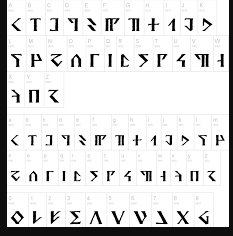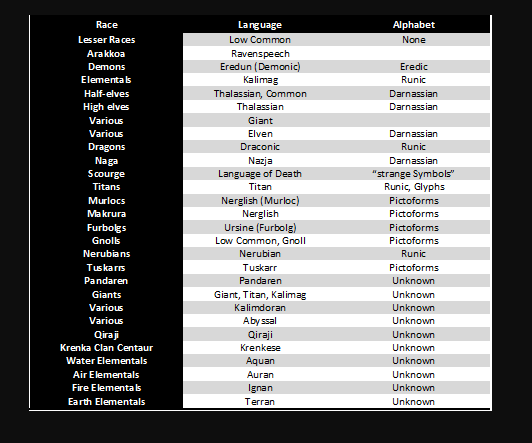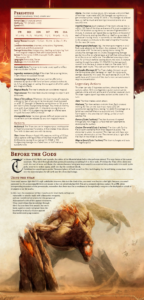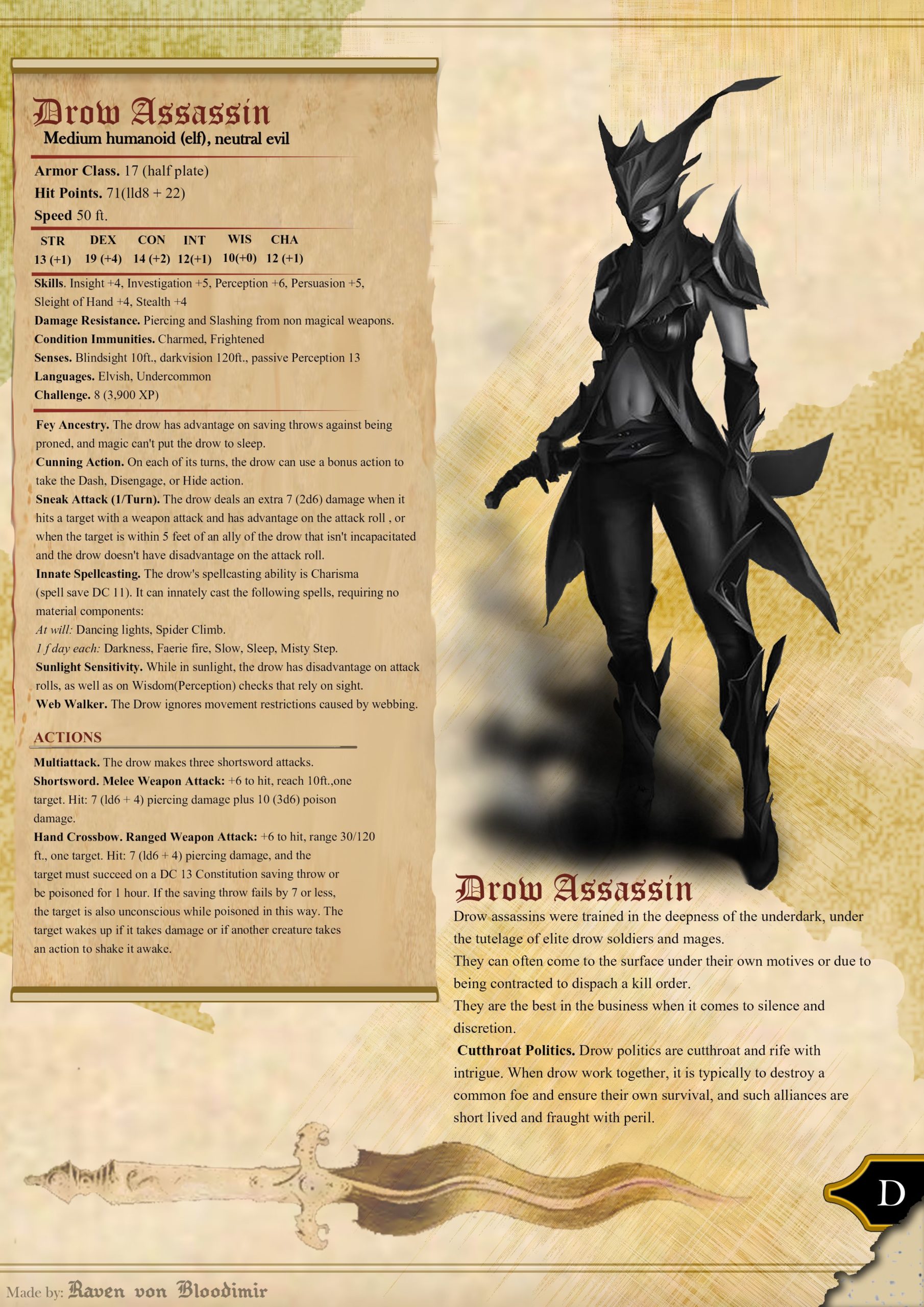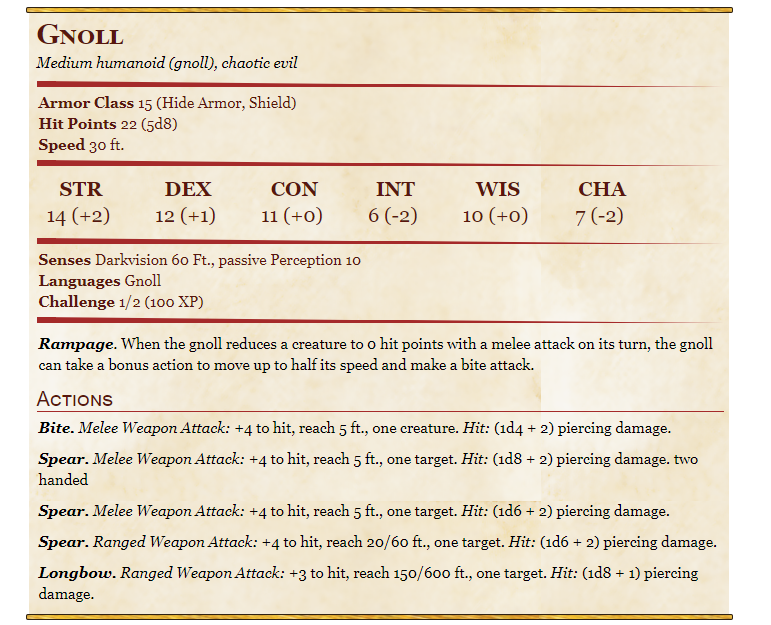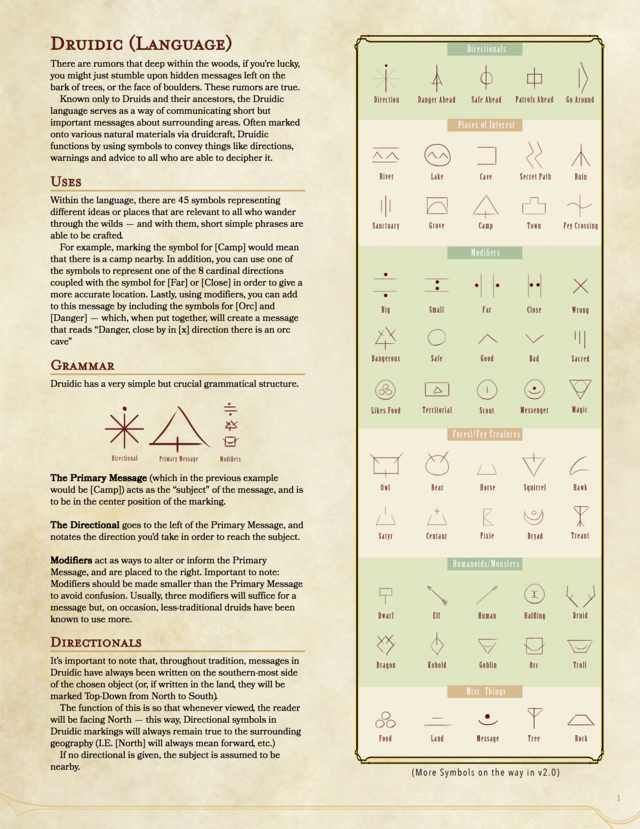There are such a lot of learning languages within the dungeons & dragons role-playing game as a dungeon master we will learn such a lot of languages. during this we are mentioning all the training languages list, so you’ll know them to find out in your campaign together with your dungeon master permission.
Learning D&D 5e languages
Before we are becoming to urge the dnd languages 5e we must know their use to supply them to our characters. If your character knew different 5e languages then your character can discuss and communicate with the opposite creatures which aren’t related to your campaign.
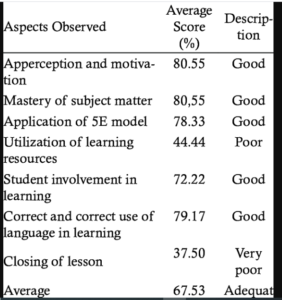
If your character learned the only 5e languages then your character can communicate with its campaign without giving any idea about its current topic to the enemies. So this is often the advantage of learning the only dnd 5e languages. From the below paragraph we are becoming to point out you the only languages of this dungeons and dragons game.
These rules are for those DMs and players that desire the bottom rules for languages in D&D are too simple and binary. If going from ¯to completely fluent doesn’t work to an adequate degree for you, then this is often for you. These rules also are recommended for a campaign that desires to put a heavier emphasis on adventuring in foreign lands or interacting with foreign cultures.
5E Learning Languages List
There are numerous learning languages within the dungeons & dragons role-playing game as a dungeon master we’ll learn numerous languages. during this we are mentioning all the training languages list, so you’ll know them to seek outcall at your campaign alongside your dungeon master permission. These are the simplest learning languages in my campaign, you furthermore may use the above languages to find out for your campaign.
The below-mentioned languages are the simplest 5e learning languages. Actually, so get them from the below lines if you’ve got any queries then leave your comment about these learning languages.
- Giant
- Goblinoid
- Draconic
- Orc
- Gnoll
- Sylvan
- Primordial
- Celestial
How long does it fancy to Learn a language in D&D?
In dungeons and dragons role-playing games we’ve various languages to find out and that they may take such a lot time to find out various languages but if you follow the below procedure you’ll get to understand the languages as soon as possible.
- First of all, know the “Two 5e Languages“
- By your “Race” the character default language is going to be indicated
- If you picked up the other different “Race” you’ll get access to more languages
- The “Dungeon Master” will provide “Additional Learning Languages” if you picked up any “Race”
- These are some ways to find out a language in dungeons and Dragons role-playing game.
Final Words:
To learn more languages need to you would like to wish to require the help of your Dungeon master because that DM has much space and freedom to seek out more languages. The above-mentioned languages are the only as per our campaign. We hope this text has given the only suggestions to seek out the languages of this Role-playing game.

